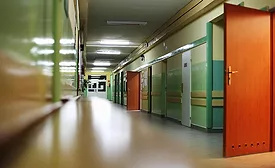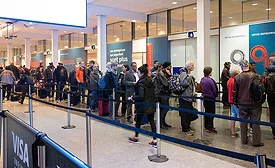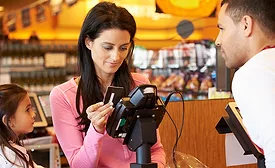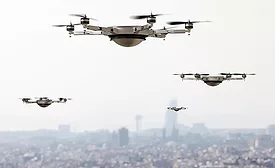Physical Security
Sponsored Content
The Convergence of Physical and Logical Access: What it Really Means for Organizational Security
March 15, 2018
Sign-up to receive top management & result-driven techniques in the industry.
Join over 20,000+ industry leaders who receive our premium content.
SIGN UP TODAY!Copyright ©2026. All Rights Reserved BNP Media.
Design, CMS, Hosting & Web Development :: ePublishing







